05.03.1953.
The Death of Stalin

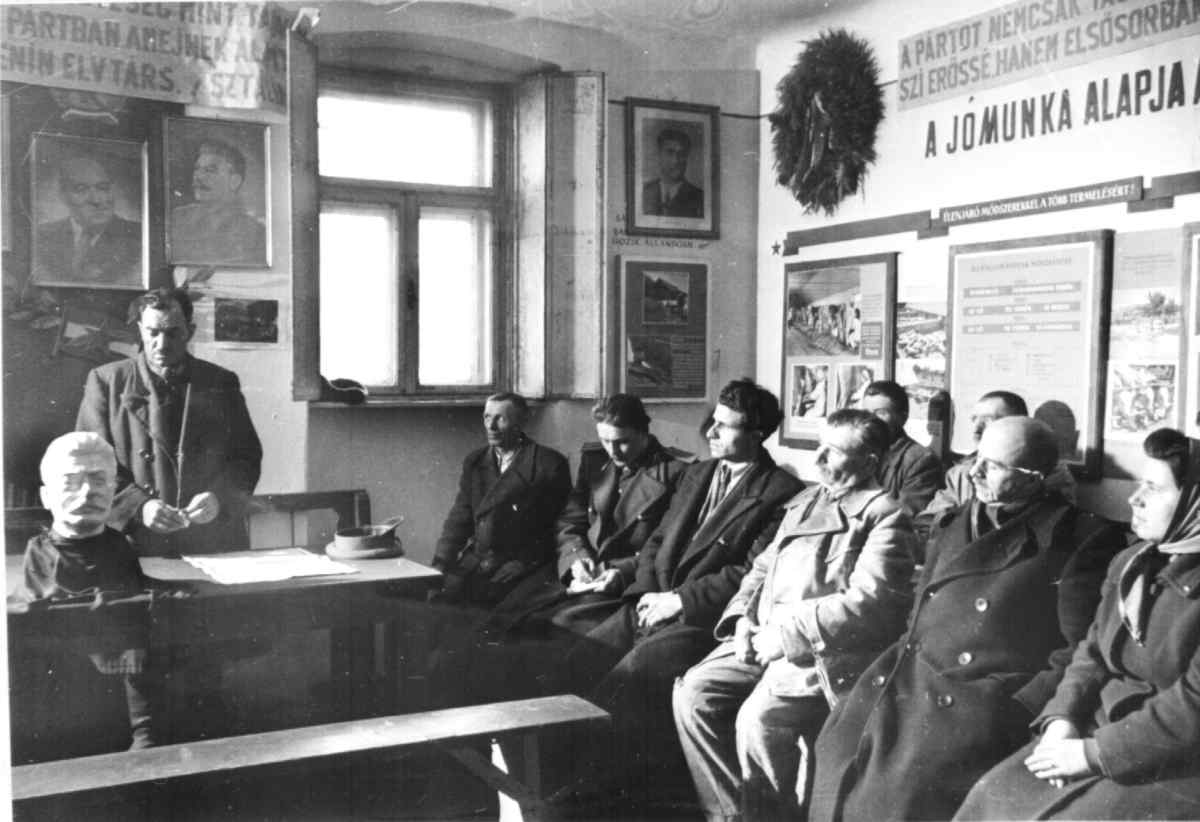
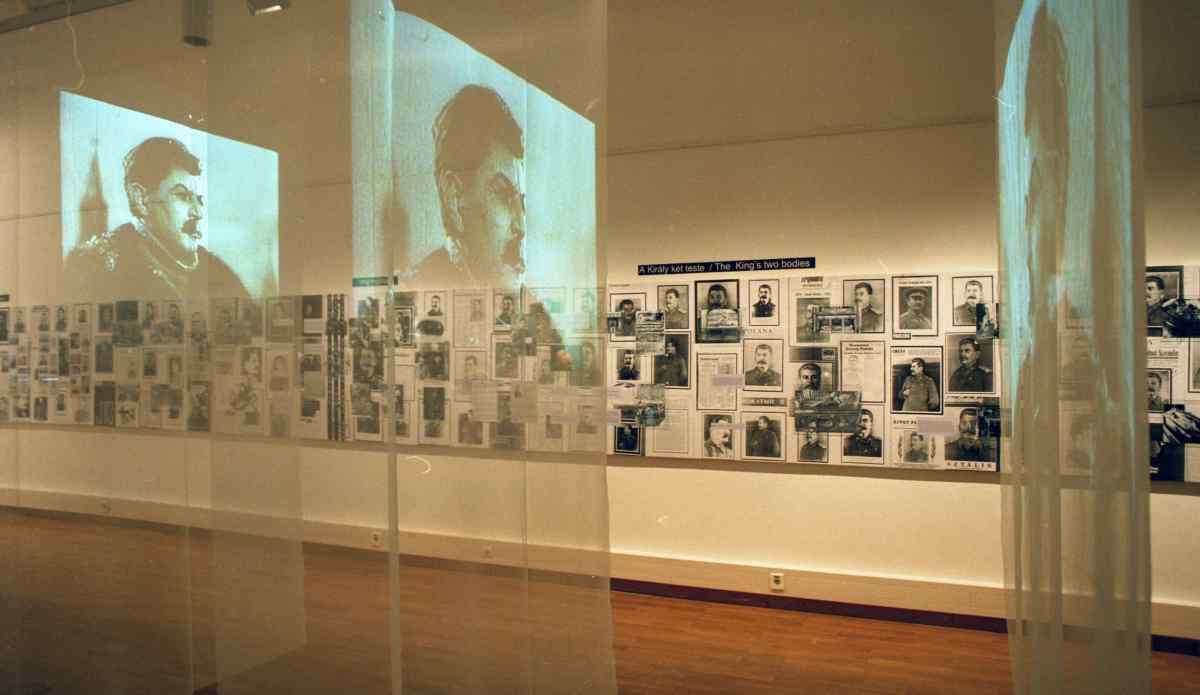
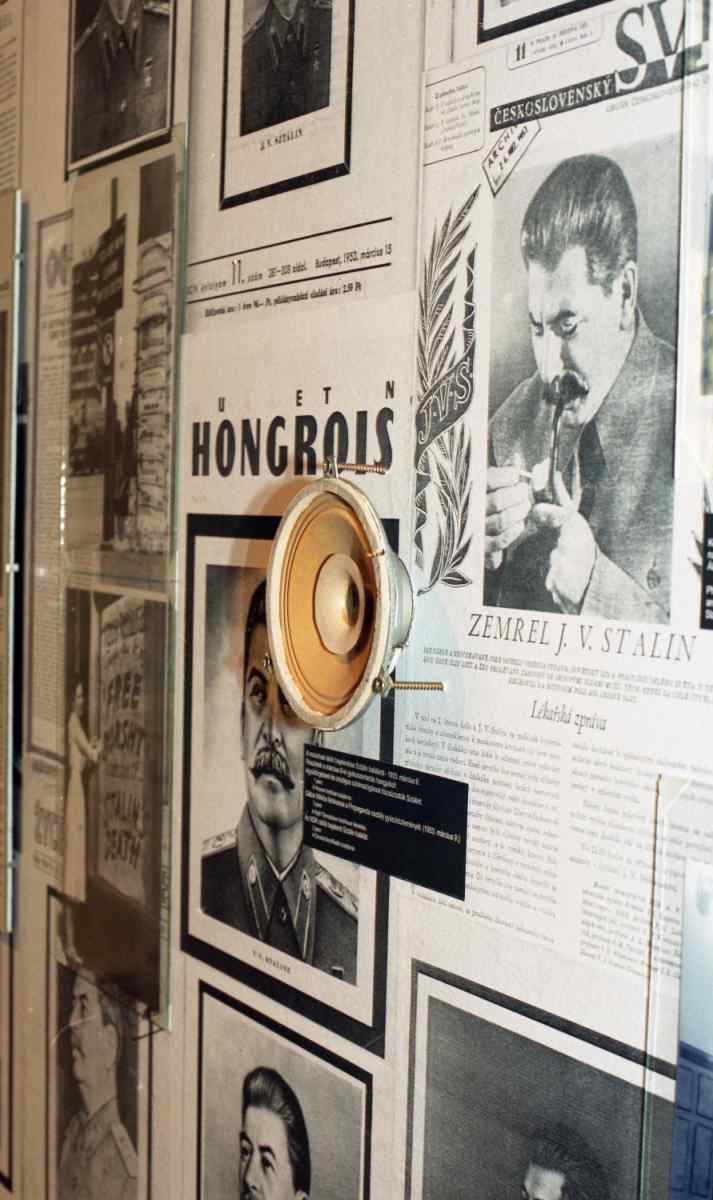
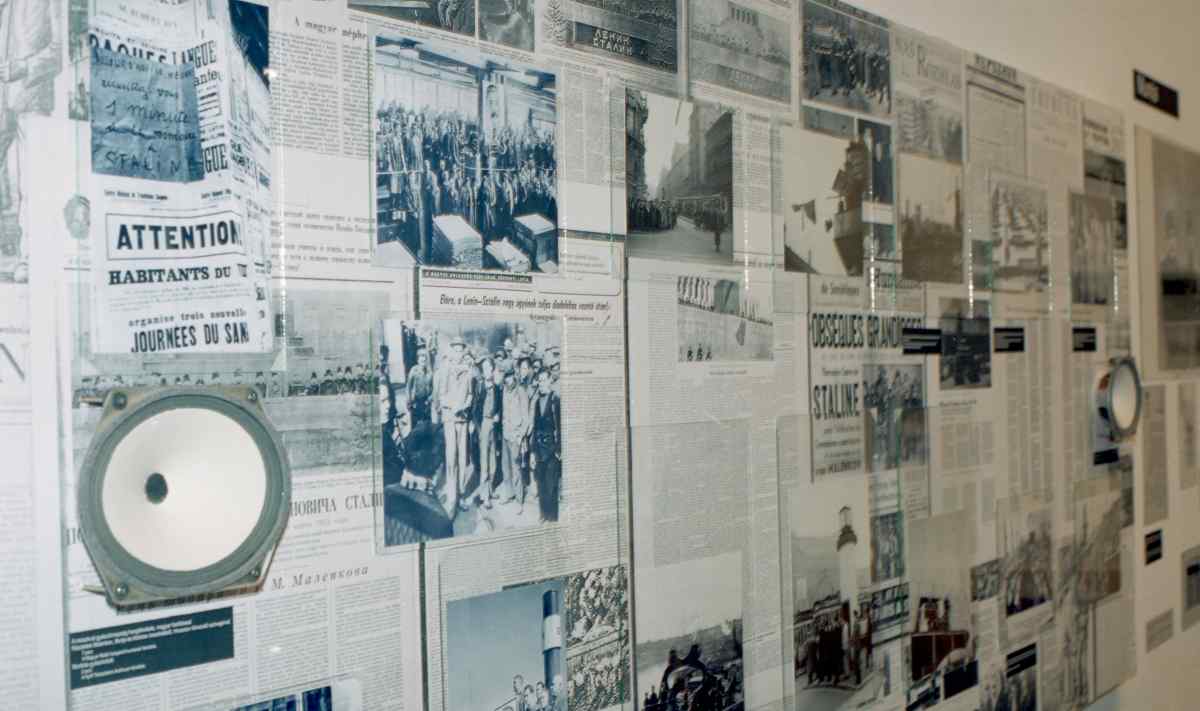
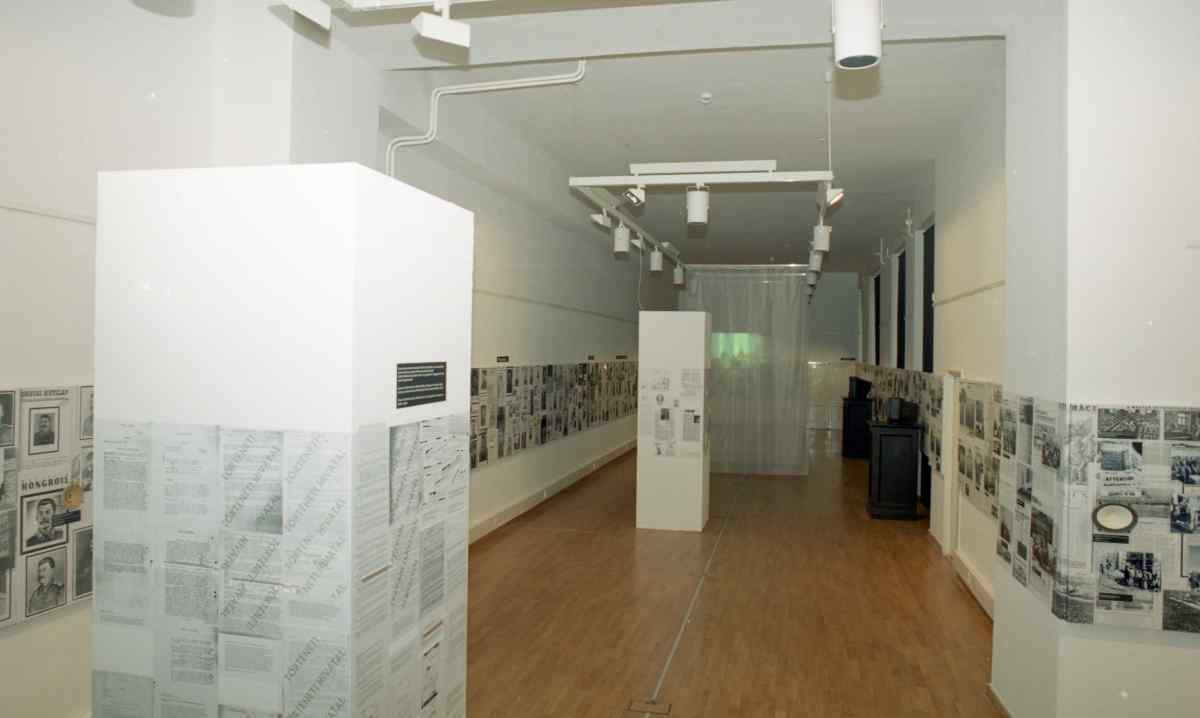
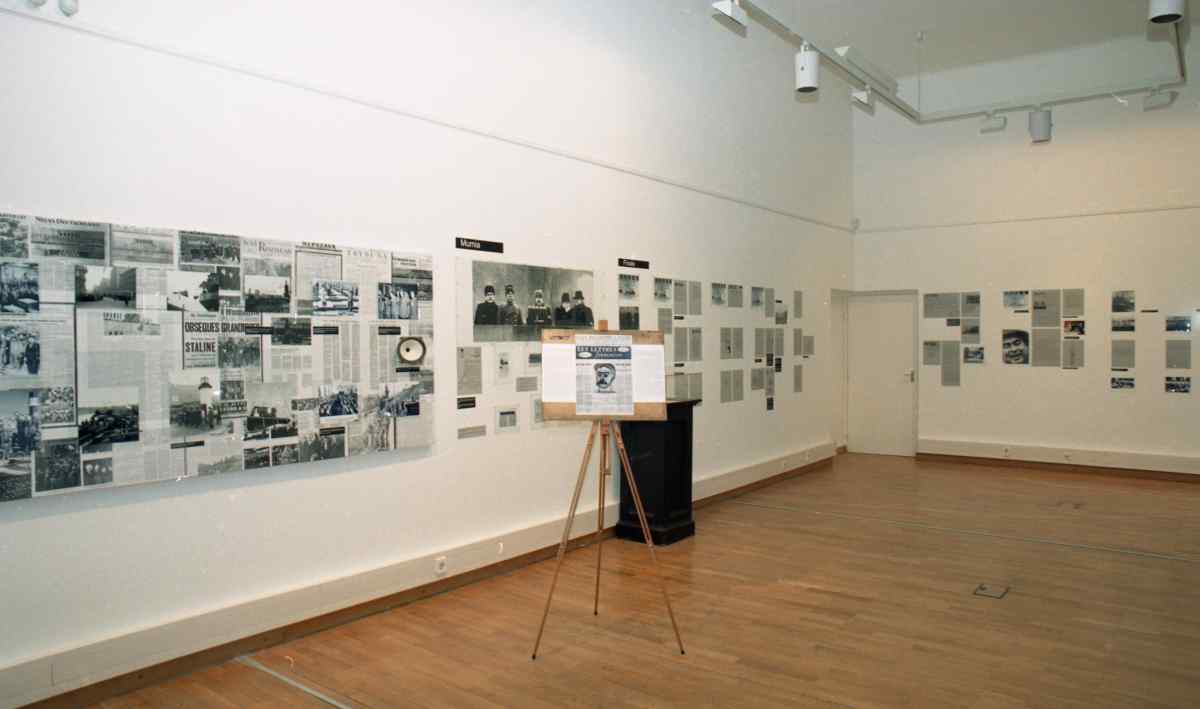
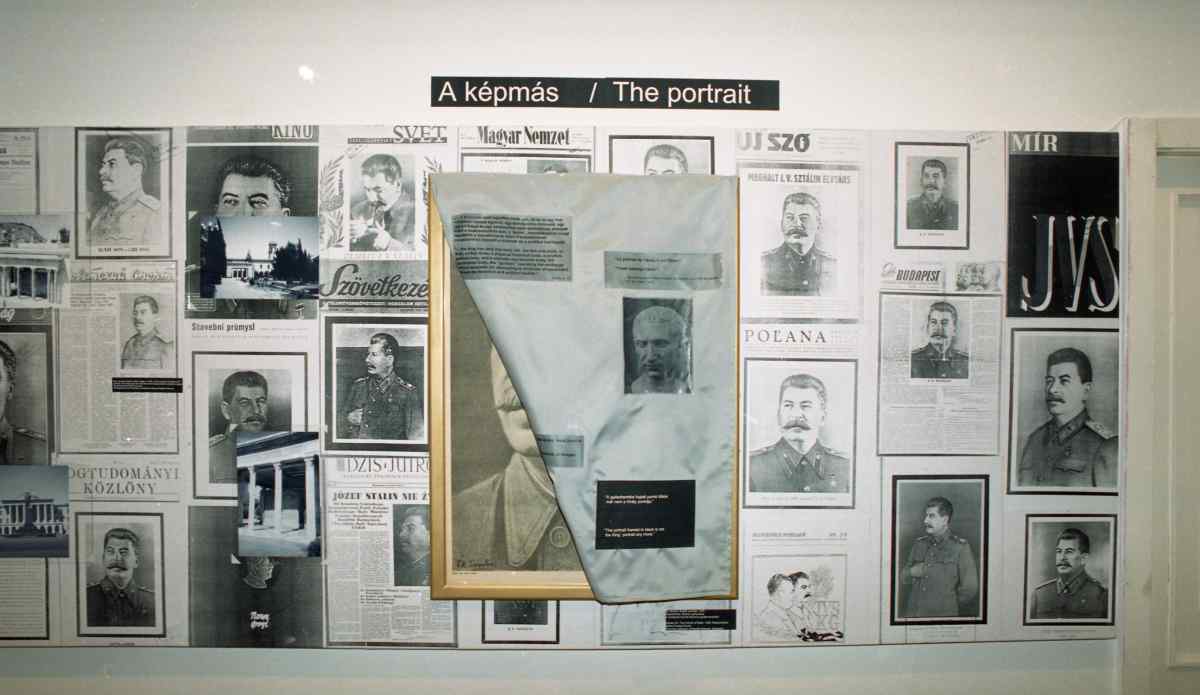
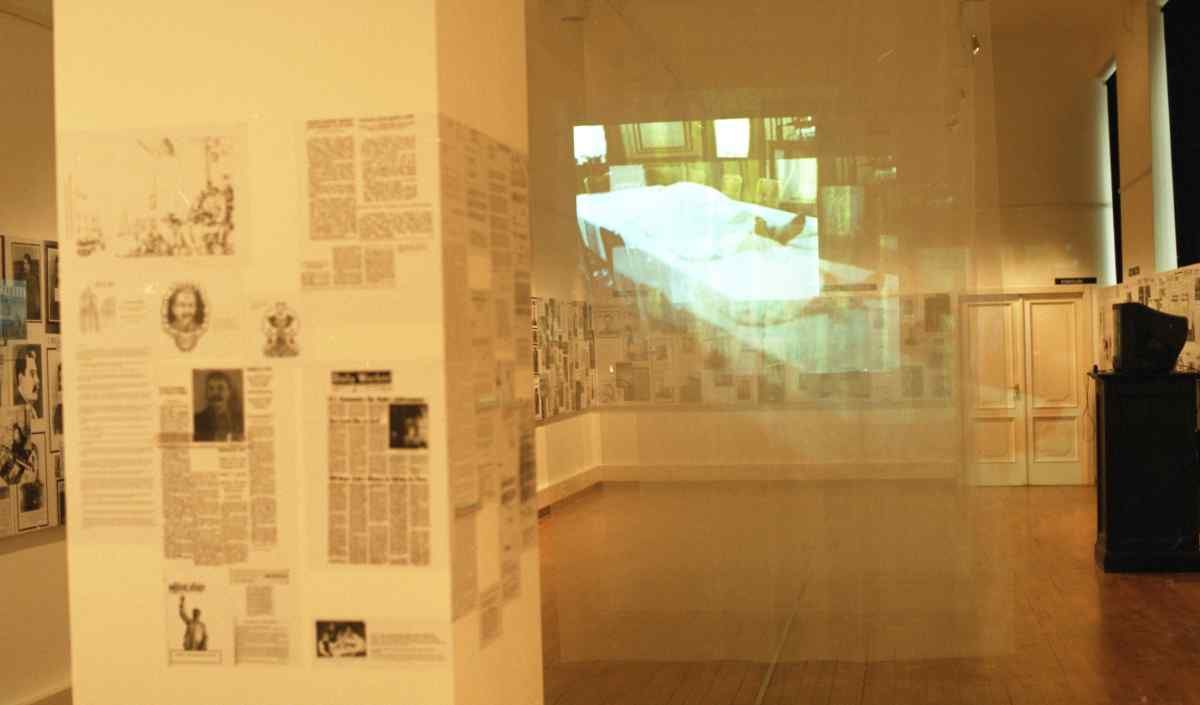
design: TAMÁSI Miklós
Az Orosz Föderáció Állami Levéltára, Moszkva / State Archives of the Russian Federation, Moscow
A Grúz Köztársaság Állami Levéltára / State Archives of the Georgian Republic, Tiflis, Georgia
Német Szövetségi Köztársaság Levéltára / Bundesarchiv, Germany
Német Szövetségi Rádió Archívuma / DeutschlandRadio, Germany
Akademie der Künste, Németország / Germany
A washingtoni Nemzetbiztonsági Archívum / National Security Archives, Washington DC, USA
The exhibition focused on Stalin’s death, the mourning ceremony, the funeral, and the subsequent fate of Stalin's mortal remains. The exhibition did not attempt extensive coverage of the Stalinist personality cult, its role in the Soviet political system, and its visual representation (mass propaganda, socialist realist art, etc.). Our aim was rather to reconstruct the long moment of the dictator's death—from the official announcement of his physical collapse up to the removal of his embalmed body from the mausoleum. Stalin was the ultimate embodiment of a regime in a symbolic as well as in a physical sense, and the exhibition is intended to present and analyze the effect of the disappearance of his figure on the public, and also the problems that his death created for the regime and for his successors.
Besides the usual historical sources (press and archival documents from American, Russian, German, and Hungarian archives), audio-visual representations played an exceptional part in our reconstruction: the exhibition included sounds, images, and music related to the dictator’s death from different regions of the world.
“For the sake of our own times, it may be fruitful to recall a moment, even a failed one, when art was considered more than a separate aesthetic experience, when the only view of music was not solely for art's sake, when mere formalism did not triumph, and when the making of art was an important part of an engagement with the well being of an entire nation.”
Leon Botstein